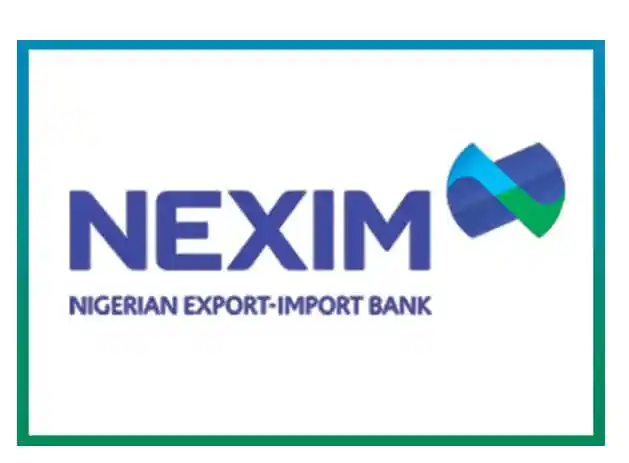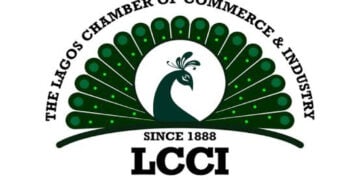The Nigerian Export-Import Bank (NEXIM) has disbursed N137 billion under its Export Development Fund to support non-oil exporters, creating about 12,000 direct jobs across the country.
The bank’s managing director, Abba Bello, made this known in Abuja yesterday at a non-oil export facilitation engagement with the National Youth Wing of the All Progressives Congress (APC). He explained that the development fund, created through a debenture with the federal government, operates as a revolving facility that continues to finance new and existing exporters as beneficiaries repay their loans.
“The export development fund was and still is a debenture we signed with the Central Government of Nigeria to support exporters. A total of N137 billion has been released to exporters. Even when exporters pay back, we give new loans with it either to the same exporter or a new exporter that has not had the benefit of getting the fund,” Bello said. He did not specify the period of the disbursement.
He stated that NEXIM’s current lending assets stand at about N430 billion, with all facilities offered on the same terms as the development fund.
He added that exporters enjoy access to loans at concessionary single-digit interest rates of nine per cent, one of the lowest in the financial market.
Beyond financing, Bello urged Nigerian exporters to leverage the National Collateral Registry of the Central Bank of Nigeria (CBN), which allows businesses to use movable assets to secure loans. According to him, as much as N1.3 trillion has been accessed through the registry, opening up opportunities for small businesses to access credit.
The NEXIM boss also stressed the importance of quality and standardisation in export business. He advised young and prospective exporters to prioritise packaging, branding, and international standards to make their products competitive in Nigeria and abroad.
“Create the trade despite the currency challenge. Formalise your small businesses and trade with the rest of Africa in a formal manner because we have been informally trading with ourselves, ” Bello urged.
Speaking on the broader impact of NEXIM’s interventions, he said the bank’s financing has created about 12,000 direct jobs while generating far-reaching opportunities across value chains. He cited a cocoa processing company in Accra, Ghana, which expanded its outgrower network from 4,000 to 12,000 farmers after receiving NEXIM support.
Bello also announced plans for sustained engagement with youths and SMEs. He said the bank would hold quarterly capacity-building programmes to maintain momentum in boosting non-oil exports, while encouraging entrepreneurs to take advantage of training and advisory services at NEXIM’s offices nationwide.
“Our offices are always open to you. If you need information or want to be part of our training programmes, NEXIM is there for you,” he assured participants.
He urged the youth and women to be more innovative in developing the right business ideas and projects to advance African intercontinental trade. The NEXIM MD assured that the coming of the African Continental Free Trade Agreement (AfCFTA) will help reduce and eliminate the barriers to trade in Africa, a project he said will help to increase non-oil trade across Africa.





